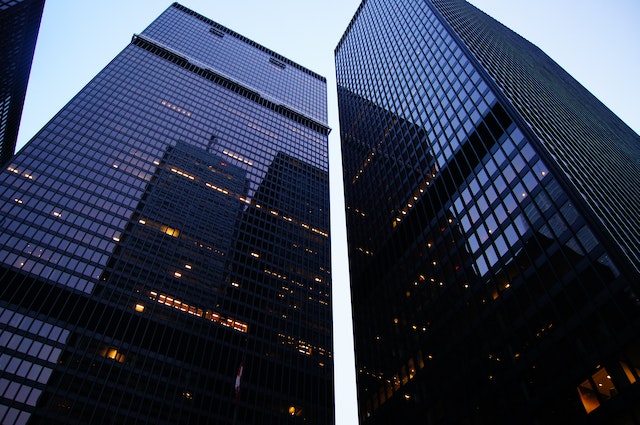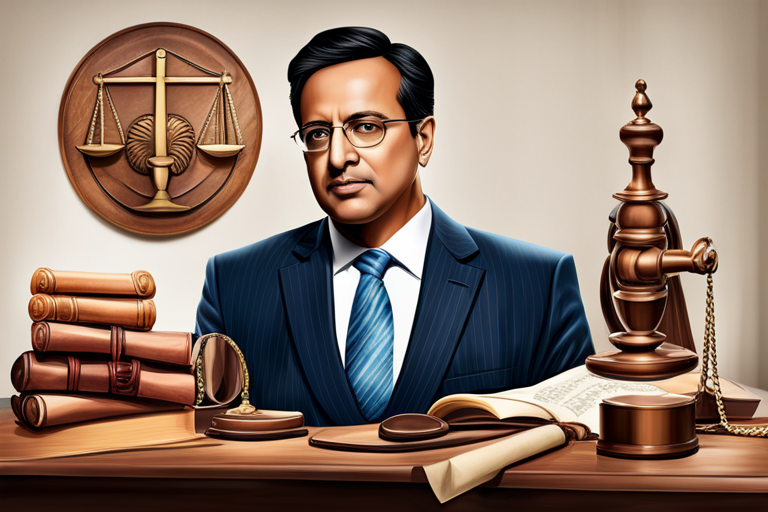

- admin
- April 22, 2023
- 0 Comment
Introduction
With the rise of social media and digital platforms, issues related to defamation have skyrocketed in recent years. The legal landscape surrounding defamation has become increasingly complex, especially in India. It’s crucial to understand the intricacies of defamation law, types of defamation, and how these laws are applied and interpreted in India. In this article, we’ll explore the ins and outs of defamation cases, the Indian Penal Code (IPC), and everything you need to know about defamation in India.
What is Defamation?
Defamation refers to the act of damaging someone’s reputation by making false or malicious statements about them. This can be in the form of written or verbal communication, and can have severe legal consequences if proven in a court of law.
There are two primary types of defamation:
- Libel: Written or published defamatory statements
- Slander: Spoken defamatory statements
Defamation Law in India
In India, defamation law is a blend of civil and criminal law. Let’s dive into the details of both.
Civil Defamation
Civil defamation is dealt with under the Law of Torts. A tort is a civil wrong, and a person who has been defamed can file a civil suit for damages. The primary aim is to compensate the plaintiff for the harm caused to their reputation.
Criminal Defamation
Criminal defamation falls under the purview of the IPC. Sections 499 and 500 of the IPC specifically deal with defamation cases in India. According to Section 499, defamation is a criminal offense when someone makes or publishes any imputation concerning another person, intending to harm or knowing that such imputation will harm the reputation of that person. Section 500 states that whoever defames another person shall be punished with simple imprisonment for a term which may extend to two years or with a fine or both.
Notable defamation cases in India
Defamation is an offence under Section 499 of the Indian Penal Code, 1860, which defines it as making or publishing any imputation concerning any person intending to harm, or knowing or having reason to believe that such imputation will harm, the reputation of such person. Defamation can be civil or criminal, and can be in the form of libel (written) or slander (spoken).
Here are some of the landmark defamation cases in India that have shaped the law and its interpretation:
- Case: Subramanian Swamy v. Union of India
- Year: 2016
- Facts: The constitutional validity of criminal defamation was challenged by Subramanian Swamy and others, who argued that it violated the freedom of speech and expression under Article 19(1)(a) of the Constitution.
- Outcome: The Supreme Court upheld the constitutionality of criminal defamation, holding that the right to reputation is an integral part of the right to life under Article 21 of the Constitution, and that a balance has to be struck between the freedom of speech and the protection of reputation.
- Case: MJ Akbar v. Priya Ramani
- Year: 2021
- Facts: MJ Akbar, a former minister and journalist, sued Priya Ramani, a female journalist, for defamation after she accused him of sexual harassment during a job interview in a hotel room. Ramani was one of the many women who came forward with allegations against Akbar as part of the #MeToo movement in India.
- Outcome: The court acquitted Ramani of all charges, holding that she had a right to raise her voice against sexual harassment and that her allegations were made in good faith and public interest. The court also observed that women cannot be punished for speaking out against sex abuse on the pretext of criminal defamation.
- Case: R. Rajagopal v. State of Tamil Nadu
- Year: 1994
- Facts: R. Rajagopal, a journalist and publisher of a Tamil magazine, wrote an article based on the autobiography of a prisoner named Auto Shankar, who had confessed to committing several murders at the behest of some influential persons. The state government and some individuals named in the article filed a suit for injunction and damages against Rajagopal for defamation.
- Outcome: The Supreme Court held that no one has a right to prevent the publication of a matter which is already in public domain, unless it amounts to contempt of court or incitement to violence. The court also held that public officials cannot sue for defamation for acts done by them in their official capacity, unless they prove malice on the part of the publisher.
- Case: Chaman Lal v. State of Punjab
- Year: 1970
- Facts: Chaman Lal, a lawyer and politician, made a speech at a public meeting in which he accused a judge of corruption and bias. He was prosecuted for criminal defamation under Section 499 IPC. He claimed that his speech was protected by the ninth exception to Section 499, which allows an imputation made in good faith by a person for the protection of his or other’s interests.
- Outcome: The Supreme Court held that Chaman Lal was not entitled to the benefit of the ninth exception, as his speech was not made in good faith or for the protection of any interest. The court also held that making defamatory allegations against a judge amounts to scandalizing the court and lowers its authority and dignity.
Cyber Defamation: A New-Age Threat
Cyber defamation is an emerging challenge in the digital era. It refers to the act of defaming someone online, typically through social media, websites, or other digital platforms.
Combating Cyber Defamation in India
In India, cyber defamation cases are addressed under the Information Technology (IT) Act, 2000. Section 66A of the IT Act, which criminalizes sending offensive messages through communication services, has been widely used to tackle cyber defamation. However, in 2015, the Supreme Court struck down Section 66A as unconstitutional. Currently, victims of cyber defamation can seek recourse under the IPC and civil defamation laws.
Frequently Asked Questions
- Can truth be a defense in a defamation case in India?
- Yes, truth is a valid defense in defamation cases in India. If the defendant can prove that the statement in question is true and made for the public good, they can avoid liability.
- Can a public figure sue for defamation in India?
- Yes, public figures can sue for defamation in India. However, they may have to prove that the defamatory statement was made with actual malice, meaning the defendant either knew the statement was false or acted with reckless disregard for the truth.
- How long does a defamation case take in India?
- The duration of a defamation case in India can vary depending on the complexity of the case and the efficiency of the court system. It can take anywhere from several months to a few years for a defamation case to reach its conclusion.
- Are there any exceptions to defamation laws in India?
- Yes, there are several exceptions to defamation laws in India. These exceptions are outlined in Section 499 of the IPC and include fair criticism, privileged communication, and reporting the proceedings of a court of justice, among others.
Conclusion
Defamation cases, the IPC, and defamation law in India are intricate subjects with numerous facets to consider. It’s essential to understand the different types of defamation, including cyber defamation, and how they are addressed within the Indian legal system. The ever-evolving digital landscape poses new challenges in the realm of defamation, and the Indian judiciary must continuously adapt to strike a balance between protecting individual reputations and upholding freedom of speech. By staying informed and aware of the defamation laws in India, one can better navigate the murky waters of this complex legal domain.
Are you seeking professional guidance on defamation cases or looking to understand the nuances of defamation laws in India? Don’t hesitate to reach out to an experienced legal professional who can help you navigate this complex area of law. Protect your reputation and exercise your rights by contacting a qualified attorney today!
References
Landmark defamation cases in India – iPleaders



Leave a Reply